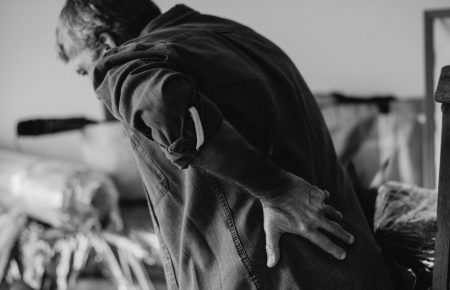In a recent legal development, WorkSafe Victoria has successfully prosecuted Court Services Victoria (CSV) for its failure to ensure a safe workplace, which led to the tragic death of a senior lawyer at the Coroner’s Court. On October 19, 2023, CSV pleaded guilty to a charge of failing to provide a secure working environment. The court, recognising the severity of CSV’s failings, imposed the maximum penalty and directed CSV to cover the legal costs incurred by WorkSafe.
The origins of this legal battle trace back to 2021 when CSV was charged with failing to provide or maintain a workplace free from health risks, as outlined in section 21(1) of the Occupational Health and Safety Act (Vic) (OHS Act). During the trial in September 2023, it was alleged that CSV violated section 21(2)(a) of the OHS Act by neglecting to establish an adequate system of work. This system should have mitigated the risks associated with workplace-related stress and psychological injuries, such as anxiety and depression, specifically within the confines of the Coroner’s Court.
The court’s findings pointed to the fact that CSV, and by extension, the Coroner’s Court, was aware of the health and safety risks, including the risk of suicide. This awareness was established through a 2015 staff survey and internal emails that unveiled the toxic nature of the workplace. Despite this knowledge, CSV admitted to failing to identify or assess the psychological risks to its workers’ health and safety between December 2015 and September 2018.
The courtroom narrative revealed a toxic working environment characterised by exposure to traumatic material, inappropriate workplace behaviour, and excessive workload demands, all without adequate support. Numerous complaints were lodged by workers during the three-year period, detailing instances of bullying, verbal abuse, intimidation, and invasion of privacy. Workers reported experiencing anxiety, post-traumatic stress disorder, fear, and humiliation.
Tragically, in September 2018, Senior Legal Counsel Jessica Wilby died by suicide. While the charges did not directly relate to Ms Wilby’s death, they encompassed a period during which she was employed by CSV. In the months leading up to her passing, Ms. Wilby had expressed concerns about her workload, highlighting the pressure of handling the responsibilities of two people and the potential impact on her reputation if she took leave.
The court, in its judgment acknowledged CSV’s guilt in failing to properly identify and assess risks related to the psychological well-being of its workers. The court stressed the severity of the breach of workplace health and safety laws, underscoring that many workers’ lives had been “put at risk” due to CSV’s negligence.
CSV was subsequently convicted and fined $379,157, with an additional order to pay $13,863 towards WorkSafe’s legal costs. This outcome serves as a stark reminder of the evolving legal landscape surrounding workplace health and safety, especially in recognising and addressing psychosocial risks. Employers are now expected to be vigilant about the risk of psychological injuries and must implement measures to monitor mental well-being.
The court’s decision to impose the maximum penalty on CSV sends a clear message to employers about the consequences of neglecting their responsibility to provide a workplace free from risks to health and safety, including mental health. The case emphasises the importance of creating a positive workplace culture and implementing appropriate risk control measures, with leadership playing a pivotal role.
As organisations navigate this changing landscape, the guidance provided by each Australian state and territory on managing psychological health and safety at work becomes increasingly crucial. Employers are urged to promote a positive workplace culture, consult with workers, implement policies for reporting and responding to psychosocial hazards, regularly check in on workers’ well-being, manage workloads effectively, and provide appropriate support and channels for workplace mental health and well-being.
This case sets a precedent that shirking legal responsibilities regarding psychosocial health and safety will not be tolerated by the courts, and employers will face stiff penalties for contravening the law. It underscores the imperative for a holistic approach to workplace well-being, encompassing both physical and mental health considerations.
























































